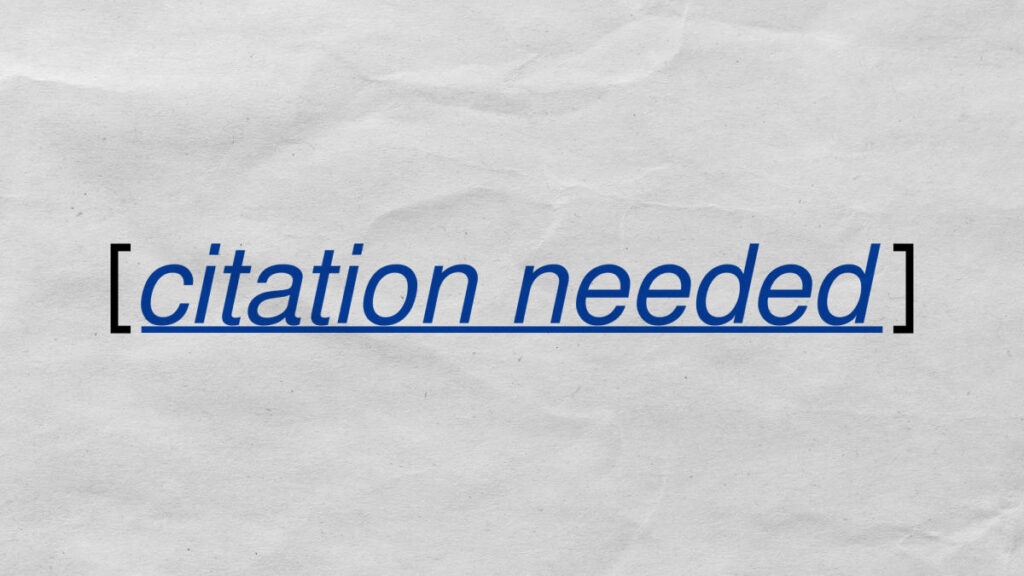Wikipedia’s days may be numbered in Russia, as Moscow’s long-running bid to replace the online encyclopedia finally becomes a reality.
“A new version of history is taking shape,” says RuWiki as one expert said, the Russian Internet is starting to resemble the heavily censored and tightly controlled version in China, where Wikipedia is blocked.
‘Heavy hacks’
RuWiki is “largely a straightforward copy” of Wikipedia, but “the most sensitive moments in history” have been “omitted or rewritten”. It “might be called Orwellian”, if the author “weren’t himself occasionally censored”. The rewriters “hack their way into the sensitive zones of Putinist ideology”, producing mangled rewrites on topics such as “LGBT rights, oral sex” and “Soviet history”.
The Russian “atrocities” at Bucha, near Kiev, in 2022 are “re-imagined” as a “Ukrainian and Western disinformation campaign” and the execution of nearly 22,000 Polish officers in 1940 is rewritten to “cast doubt on the archival documents proving it was carried out by the Soviet secret services”.
RuWiki takes a “different direction” from its source of inspiration, said PC gamerdepicting a world in which the late Wagner conductor Yevgeny Prigozhin “accidentally exploded in mid-air.” The article about the poisoning of former Russian spy Sergei Skripal “goes to great lengths” to make “Russia’s official position” on the episode known.
According to an analysis of the site by an independent Russian media company, most new edits are made during working hours on weekdays. This suggests that the edits are made by teams of paid writers, rather than by volunteer editors as in Wikipedia.
Wikipedia has had “problems” with the Kremlin since the start of the Ukrainian war in 2014 according to The Economist, and is now one of the few remaining independent sources of information in Russia.
After a coup on online news media following Moscow’s 2022 invasion of Ukraine, Vladimir Putin has given his stamp of approval to new alternative platforms. Last year, things went a step further when “glossy ads” for RuWiki appeared all over Moscow, according to The Economist.
“Heavy investment” in the project suggests that Wikipedia’s “days are numbered.” So, while the Russian Internet “is not yet built like the Chinese one,” said Sergei Leschina, a former member of the Russian Wikipedia team, “it is the direction we are going, and fast.”
Global censorship
Since 2015, Wikipedia has been banned in China and replaced by Baidu Baike, a Chinese-language internet encyclopedia. Unlike Wikipedia, it meets the Chinese Communist Party’s censorship requirements – “so it’s easy to see why it’s the government’s preferred (and proprietary) option,” according to The independent.
Wikipedia is also censored by governments in other countries, including Iran, Myanmar, Pakistan, Saudi Arabia, Syria, Tunisia, Turkey, Uzbekistan, and Venezuela.
Another example of information censorship is Hamichlol, which means “the whole.” It is an online encyclopedia for Haredi Jews that primarily censors any mention of homosexuality, content that conflicts with a creationist worldview, and behavior that is considered immoral.







